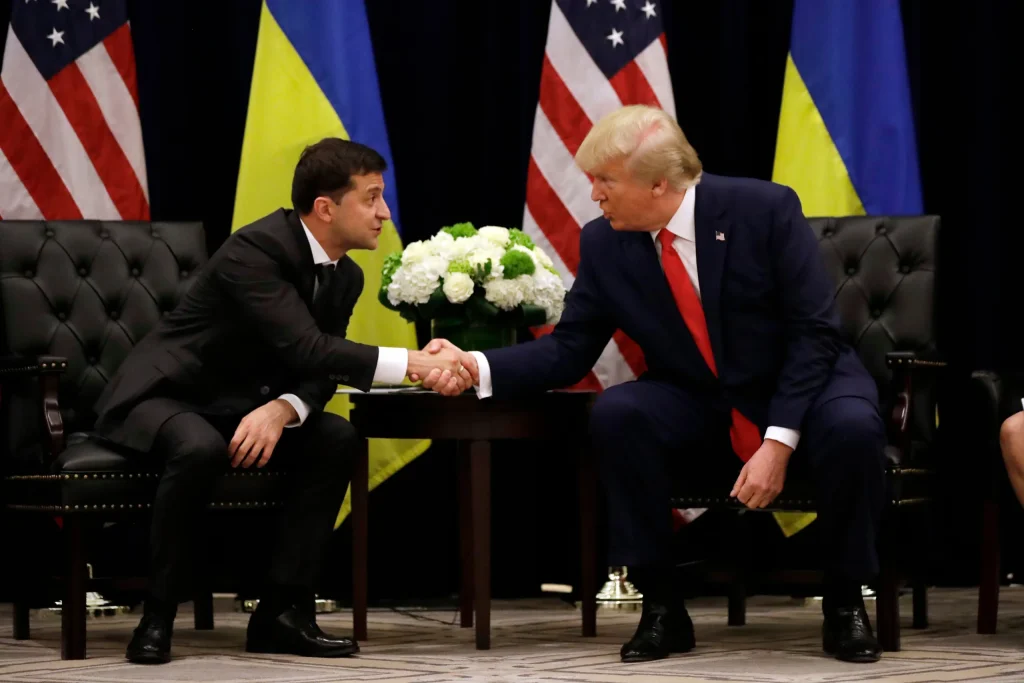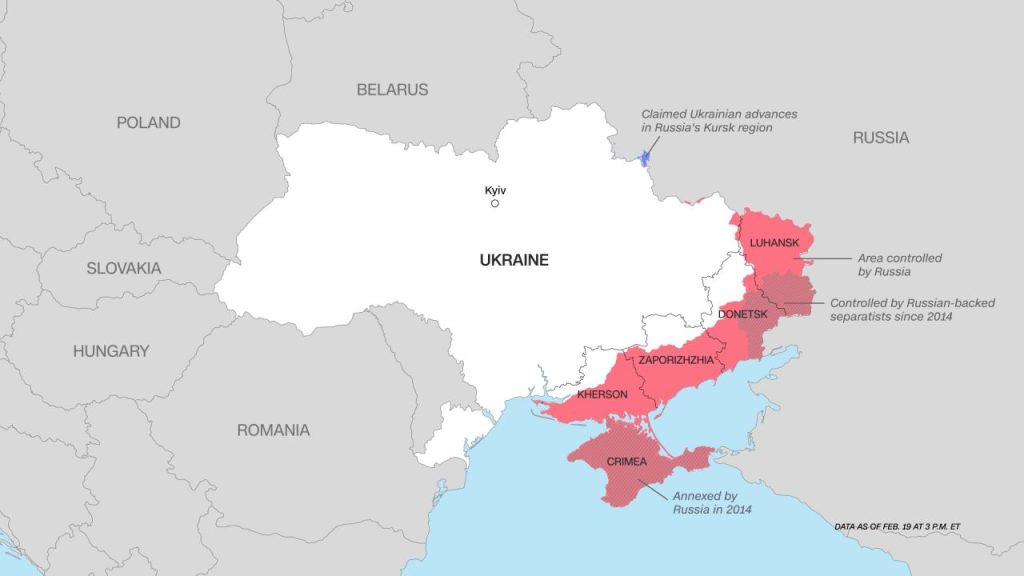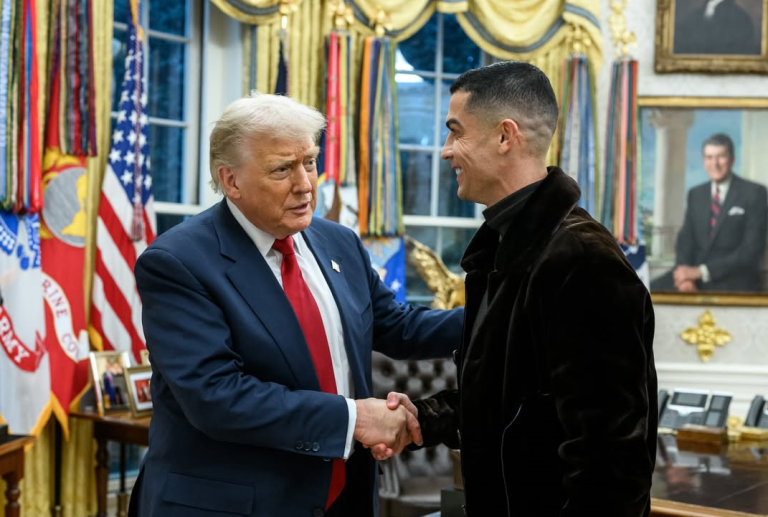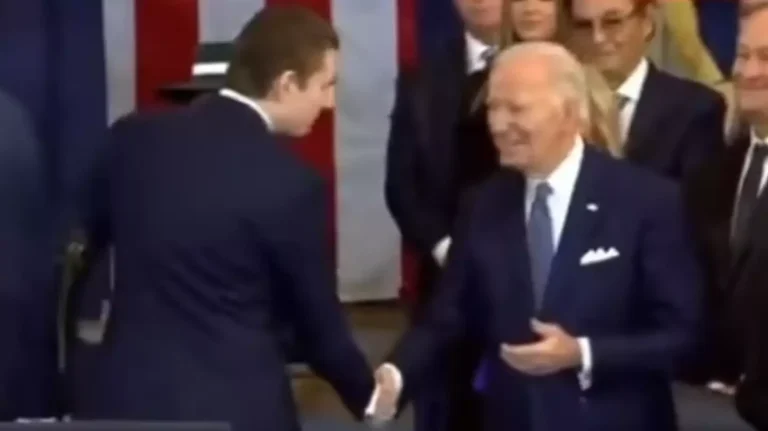
The U.S. is moving quickly to end the war in Ukraine, and the speed is raising alarms in Kyiv. President Donald Trump is pushing negotiators to finalize a deal with Russia within weeks. Many fear that Ukraine may be forced into concessions it has long rejected, putting its security and sovereignty at risk.
Zelensky Navigates a Delicate Balance
President Volodymyr Zelensky is carefully choosing his words. In his nightly address, he said Ukraine “needs a fair peace” and will negotiate responsibly. He avoided criticizing the U.S. draft proposal. Kyiv wants to stay in Washington’s good graces while facing one of the war’s most critical moments.
The U.S. draft reportedly mirrors many of Russia’s previous demands. It proposes giving Moscow control of the Donbas region, reducing Ukraine’s military, and banning foreign troops from entering the country. These are major concessions Kyiv has rejected repeatedly. Yet Washington’s pressure leaves Ukraine with few options.
U.S. Prioritizes Speed Over Caution
Ukrainian officials worry that Washington cares more about speed than fairness. MP Yaroslav Yurchyshyn told the Kyiv Independent that the U.S. seems focused on “a quick peace that favors the stronger side,” treating Ukraine as the weaker party.
Recent developments have weakened Kyiv’s leverage. Russian forces have advanced in the east. Long-range strikes have damaged Ukraine’s power grid, leaving large parts of the country in darkness. Political scandals have sparked infighting in Kyiv. As a result, the government has less room to negotiate, while the U.S. pushes for a rapid deal.
Security Guarantees Without NATO
The draft includes some security guarantees for Ukraine. U.S. Secretary of State Marco Rubio says both sides will need to make “hard choices.” The proposal even suggests using frozen Russian assets to rebuild Ukraine’s infrastructure.
However, the plan blocks Ukraine from joining NATO. EU membership remains possible, offering some economic integration but limited military protection. In effect, Ukraine may gain peace quickly but remain vulnerable to future threats.
Europe Sidelined from Negotiations
Europe faces exclusion. The UK and France have pushed to create an international reassurance force to secure Ukraine after a ceasefire. The U.S. draft explicitly bans foreign troops, leaving European allies out of the process.
European leaders are now scrambling to influence the deal. They worry decisions about Ukraine’s future are happening without their input.
A Tight Timeline Intensifies Pressure
U.S. negotiators approved by Trump are preparing to travel to Moscow soon. They work on a timeline of weeks, not months. Plans for a direct meeting between Putin and Zelensky appear abandoned.
Trump has repeatedly claimed he can end the war “quickly.” Now, he is pushing for signatures first, even if the deal heavily favors Russia or weakens Ukraine.
High Stakes for Ukraine

In the coming weeks, Ukraine may face tough choices. The country could lose territory in Donbas, accept limits on its military, and remain outside NATO. Europe might still influence the outcome, but time is short. Kyiv’s future may soon be shaped far from Ukraine, while its people wait and watch.


